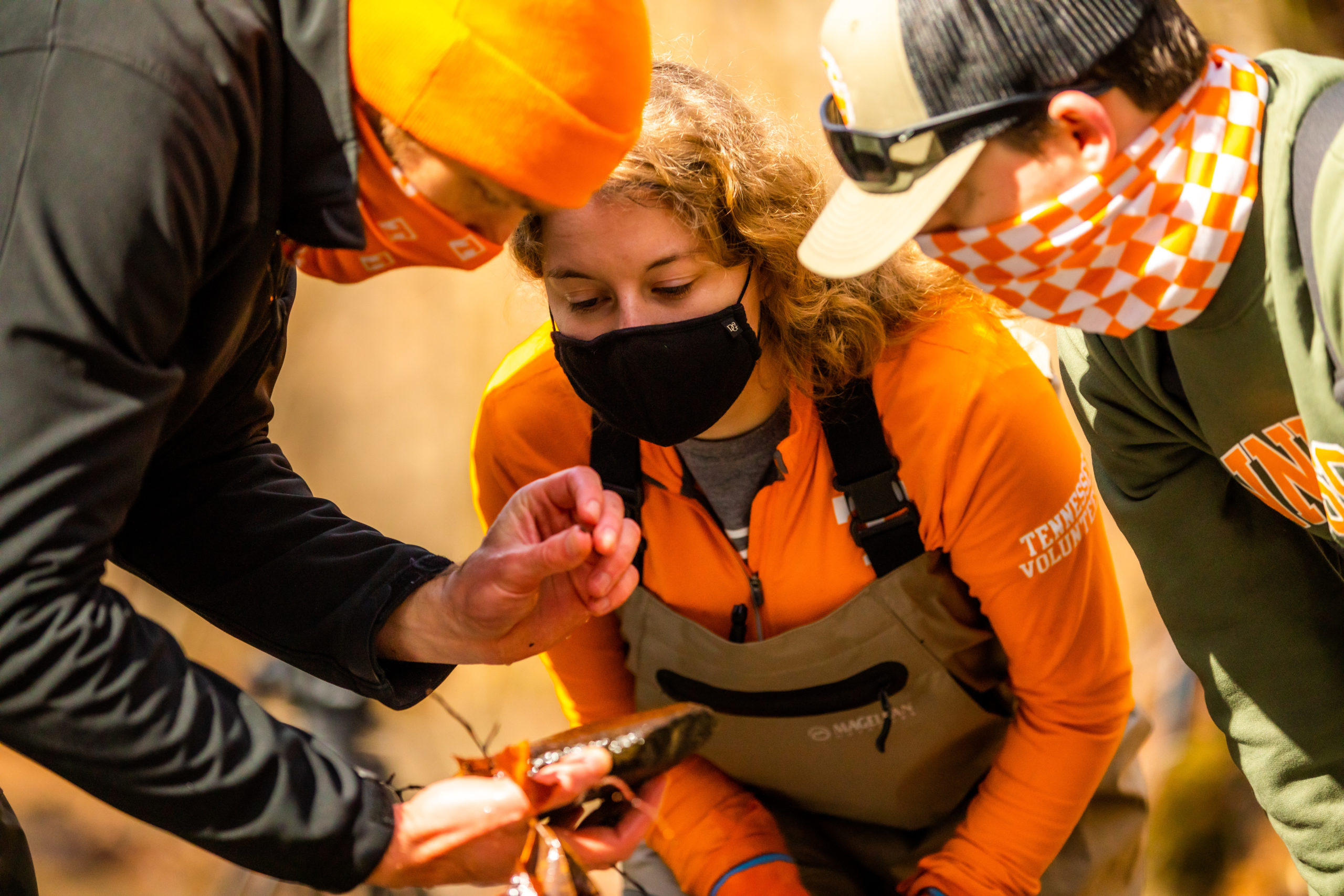
Kevin Reeves, director of Strategic Initiatives for the Division of Student Success, has been named one of 32 individuals to be selected for the Complete Tennessee Leadership Institute (CTLI).
The institute, a joint initiative of the State Collaborative on Reforming Education (SCORE) and The Hunt Institute, selects leaders from higher education, K-12 education, government, business, and nonprofit organizations to a one-year program aimed at equipping leaders from across Tennessee with the strategies and knowledge to play a leading role in eliminating barriers to postsecondary education and completion in Tennessee. In partnership with The Hunt Institute, SCORE will provide learning opportunities for the 2022-23 CTLI participants and support cohort members in translating that learning into action.
“We have a bold vision to enhance and reimagine the student experience so that every student thrives,” said Amber Williams, vice provost for student success. “We are thrilled Dr. Reeves has been selected for the CTLI. The knowledge he gains from the institute will foster our goals becoming reality.”
Reeves joined the Division of Student Success in July 2021 having previously been the neighborhood director of Student Success at Michigan State University and with more than 15 years of professional experience, including at the University of Florida, Virginia Commonwealth, and Wayne State University.
As the director of Strategic Initiatives, Reeves provides leadership for high-priority initiatives, including Summer @ Rock Top, Rocky Top Commuters, and the Vol Success Summit.
“I am honored to be selected to this prestigious role and look forward to sharing the Volunteer vision for providing access to all student scholars across the state and country,” Reeves said.
Since 2019, SCORE has partnered with The Hunt Institute to not only engage deeply on solutions in Tennessee, but also to provide access to national perspectives, experts, and best practices for CTLI participants. Over the course of a year, cohort members will meet four times to expand their knowledge about postsecondary policy and practice, learn about best practices to improve postsecondary access and success, and build action plans to accelerate postsecondary success in their own communities. This diverse group of leaders will work to identify the barriers and equity gaps that exist in Tennessee’s postsecondary system and advocate within their own communities to drive change.
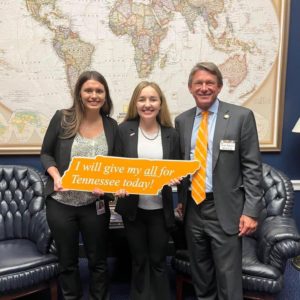
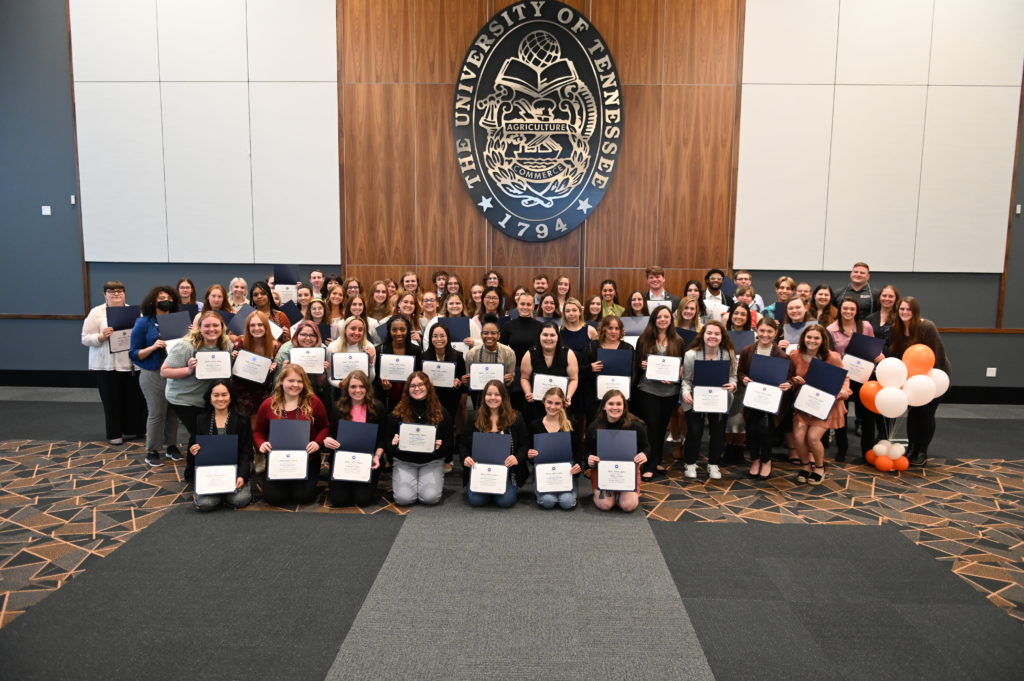
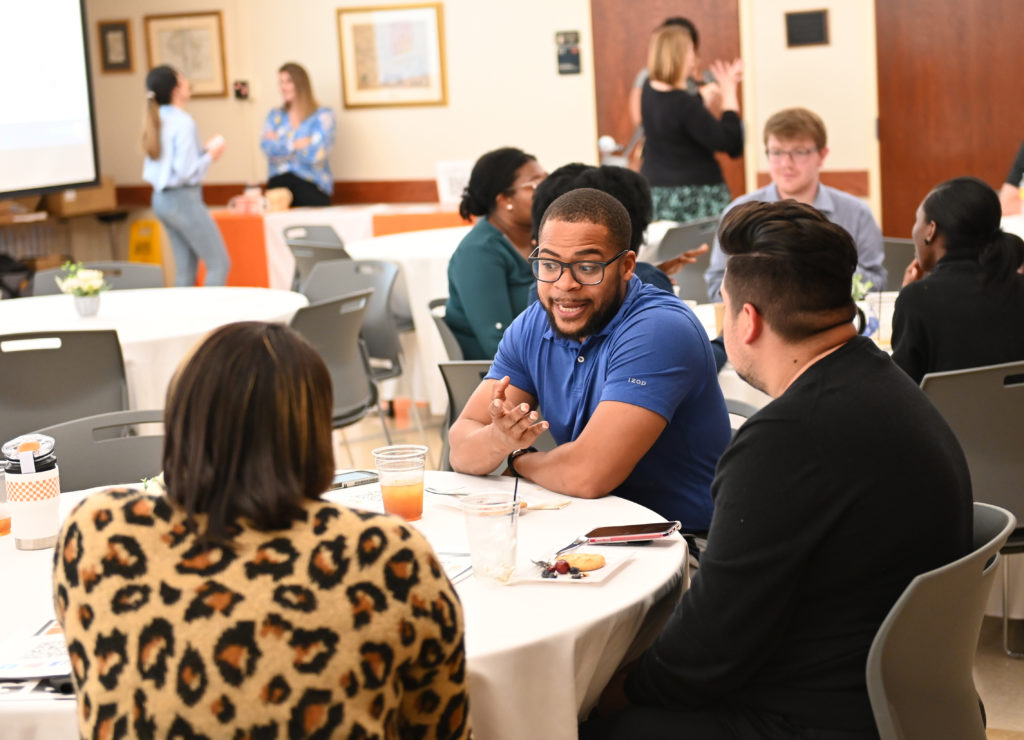
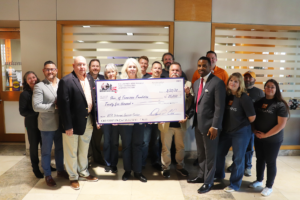 late Charlie Daniels, and Major General Terry “Max” Haston (retired) visited the center to meet with student veterans and attended the Tennessee vs. Butler home baseball game for a check presentation with Jayetta Rogers, director of the Veterans Success Center, and Leonard Clemons, associate vice provost for Student Success.
late Charlie Daniels, and Major General Terry “Max” Haston (retired) visited the center to meet with student veterans and attended the Tennessee vs. Butler home baseball game for a check presentation with Jayetta Rogers, director of the Veterans Success Center, and Leonard Clemons, associate vice provost for Student Success.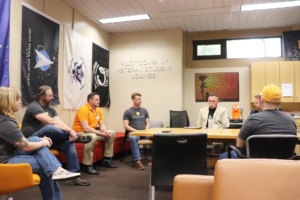 veteran transformational grants, a veteran emergency fund, and technology upgrades. The donation is the third and largest gift UT has received from The Charlie Daniels Journey Home Project, and Rogers said she hopes it’s the beginning of a long and meaningful relationship with the organization. “Charlie Daniels was a tremendous supporter of the University of Tennessee, and we are beyond grateful to receive this gift that will enhance the academic, professional, and personal success of our student veterans while at UT.”
veteran transformational grants, a veteran emergency fund, and technology upgrades. The donation is the third and largest gift UT has received from The Charlie Daniels Journey Home Project, and Rogers said she hopes it’s the beginning of a long and meaningful relationship with the organization. “Charlie Daniels was a tremendous supporter of the University of Tennessee, and we are beyond grateful to receive this gift that will enhance the academic, professional, and personal success of our student veterans while at UT.” The Charlie Daniels Journey Home Project supports our state universities’ Veterans centers. TCDJHP believes that assisting and supporting veterans in obtaining a quality education is a critical phase line in their ‘Journey Home’,” Haston said. “We hope that by contributing to the University of Tennessee Veterans Success Center will start a habit for others to follow ensuring the center’s future.
The Charlie Daniels Journey Home Project supports our state universities’ Veterans centers. TCDJHP believes that assisting and supporting veterans in obtaining a quality education is a critical phase line in their ‘Journey Home’,” Haston said. “We hope that by contributing to the University of Tennessee Veterans Success Center will start a habit for others to follow ensuring the center’s future.